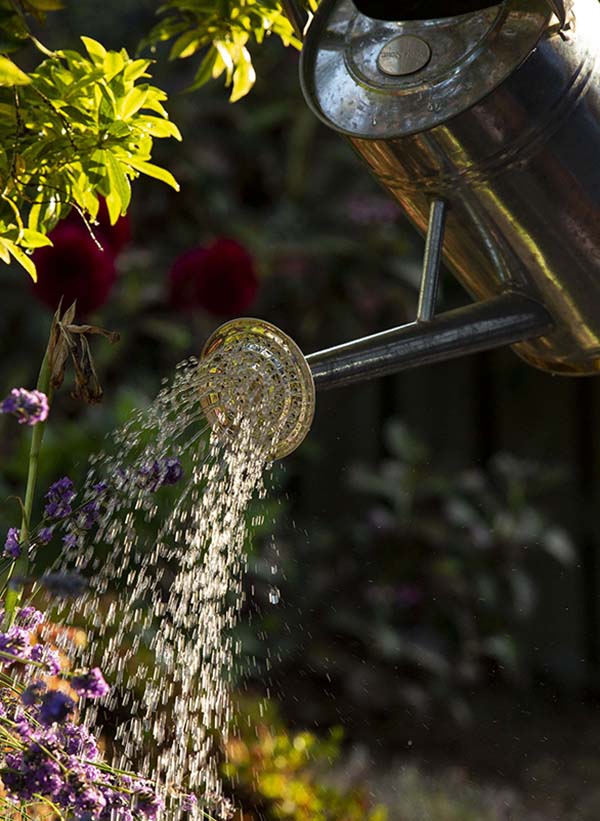NI Water Calls For Responsible Use Of Pesticides
NI Water is calling on the public to take care when using pesticides in the amenity sector – in the garden, on the golf course or other public spaces.
Amenity pesticides are defined as those used in the urban environment (defined as any non-agricultural, horticultural, forestry or home or garden use), to maintain amenity and protect buildings.
We aim to keep our lawns looking as good as possible but all too often weeds and moss seem to grow faster than the grass and it is a constant struggle keeping the weeds under control.
This often involves a trip to the local garden centre or DIY store to pick up a weed-control product to spray on the lawn. For the more professional users in the amenity sector, such as golf clubs, hotels or leisure parks, careful use of pesticides is also essential.

Keeping these areas looking pristine for visitors is critical to our businesses but protecting our watercourses is equally as important. Many of the products used contain pesticides, which can often be detected in watercourses right across Northern Ireland.
It is essential these products are used carefully:
- always read the label, do not spray near water,
- dispose of containers carefully; and
- never wash the products down the gulley or drain. Very small amounts of pesticide concentrate can have a significant effect on raw water quality.
Many of the products used for weed control in lawn and turf management contain the herbicide MCPA, which is a particular problem in our drinking water catchments. MCPA is water-soluble, it does not bind to soil particles and therefore more prone to leaching and run-off to nearby waterbodies.
In recent years, NI Water have detected high levels of the herbicide MCPA in many of our rivers and lakes. Particularly affected are the River Faughan, River Strule, River Camowen, River Derg and Lower Bann as well as Lough Erne, Glenhordial, Clay Lake and Seagahan catchment areas. These are all sources for drinking water abstraction so it is in everybody’s interest to reduce our MCPA levels.
Rebecca Allen, Catchment Liaison Officer, said: “Whilst we all want our lawns and gardens to be looking at their best, we must always take care when using pesticides. Care when disposing of containers, washing up and when spraying near water is particularly important to ensure MCPA does not get into our watercourses.
“In recent years there have been concerning, raised levels of MCPA in many of our water sources. Removing it from our water is difficult and expensive to treat in order to provide the high quality drinking water we all expect.”
The Water Catchment Partnership is calling on everyone to take care when using and disposing of chemicals and pesticides to help improve water quality.
The WCP was founded in 2013 and has been active since then in highlighting the pesticide problems in raw water. The WCP will have a stand at Balmoral Show on 22-25th Sept, so please feel free to visit and hopefully we can help with some useful advice when using pesticides.























